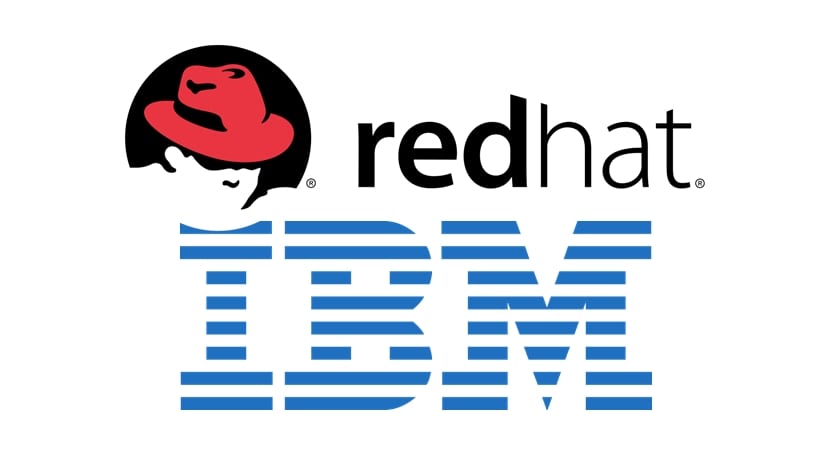
IBM initiated a landmark purchase which has become the most expensive in history at the moment, since it amounts to 34.000.000.000 dollars. So IBM keeps the famous Red Hat technology. The move is strategic as it defines the future of the open hybrid cloud. In this way, the blue giant positions itself as a leading cloud provider and accelerates IBM's high-value business model.
Now IBM has all the technology and Red Hat innovation capacity to reach a greater number of customers. But RHEL users need not be concerned about it, as IBM preserves Red Hat's independence and neutrality. In this way, the latter will be strengthened and customers will continue to be able to choose freely and with maximum flexibility as before.
On the other hand, Red Hat's strong commitment to open source does not change after the IBM purchase. So we shouldn't be worried about other projects like Fedora, which is powered by RHEL, and neither should CentOS, which is powered by RHEL. It is one of the things that some users ask the most and that they worry about. Anyway, we will have an exclusive interview with Red Hat soon where a lot of hard questions about their news and also about RHEL8 will be clarified. Stay tuned for LxA!
What is certain is that IBM is now in a very strong position together with Red Hat to deliver a next-generation hybrid multicloud platform. So you will be in a position to fight with greater force against other alternatives such as Amazon's AWS, Google's cloud, or Microsoft's Azure. These three giants dominate the sector with a firm hand, but now they have come up with a competitor that should concern them ...